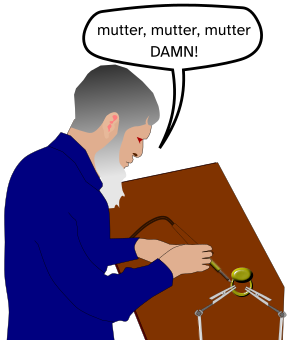inquire
(British enquire)
Pronunciation /ɪnˈkwʌɪə/
verb
1 reporting verb Ask for information from someone.
no object ‘he inquired about cottages for sale’
1.1 inquire after no object Ask about the health and well-being of (someone)
1.2 inquire for no object Ask to see or speak to (someone)
2 inquire into no object Investigate; look into.
Usage
The traditional distinction between enquire and inquire is that enquire is used for general senses of ‘ask’ while inquire is reserved for uses meaning ‘make a formal investigation’. In practice, however, there is little discernible distinction in the way the words are used today. Inquire is the usual form in US English, with enquire being mainly restricted to British English
Origin
Middle English enquere (later inquere), from Old French enquerre, from a variant of Latin inquirere, based on quaerere ‘seek’. The spelling with in-, influenced by Latin, dates from the 15th century.
==========
Amanda inquired about the reasons behind common spelling differences between US and British English. The explanation made as much sense as you might expect. "Blame Noah Webster." - "That's the way it is!" - "Have you asked Chaucer?"

Words are a game. Sometimes I play alone, but I encourage YOU to play, too.













